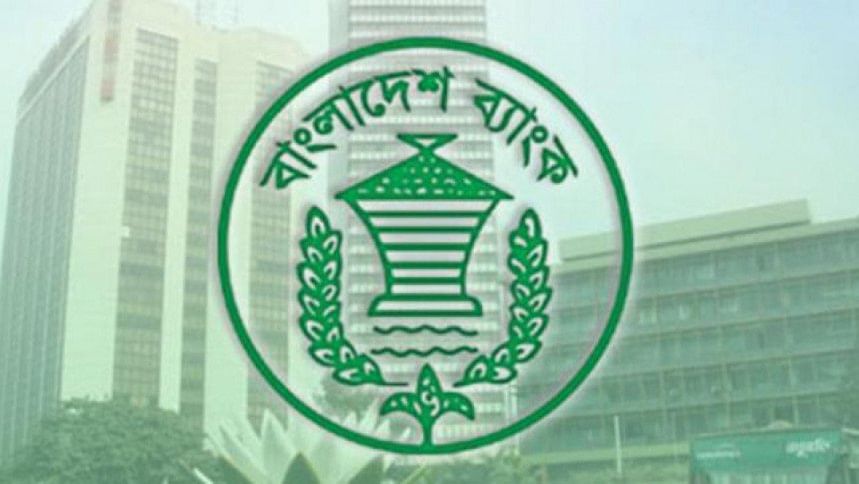Extended contractionary monetary policy might be needed: BB

The stubbornly high inflation has raised concerns that inflation expectations would become unanchored, meaning inflation will get much worse, which may necessitate an extended period of contractionary monetary policy, said Bangladesh Bank.
Therefore, the central bank needs to proactively exercise caution and vigilance to anchor inflation expectations and limit the second-round effects of inflation, the BB said in its monetary policy review of 2022-23 published on June 1.
Inflation expectations are what people believe inflation would be in the future. These expectations about future inflation matter because they affect people's behaviour.
The primary purpose of a contractionary monetary policy is to make it harder for companies and consumers to borrow and spend money and, in turn, halt inflation. The BB has been following a contractionary monetary policy in recent months.
The central bank unveiled the review when it is set to disclose the monetary policy statement on June 18 for the upcoming fiscal year.
Inflation in Bangladesh fell slightly to 9.24 per cent in April from a seven-month high of 9.33 per cent in March. In August, it escalated to a decade high of 9.52 per cent.
Inflation in Bangladesh fell slightly to 9.24 per cent in April from a seven-month high of 9.33 per cent in March. In August, it escalated to a decade high of 9.52 per cent.
In the latter part of FY22, the Bangladesh economy encountered several challenges, including a rise in inflation, an expanding current account deficit and mounting pressure on exchange rates, said the review.
After a strong rebound from the shock of the Covid-19 pandemic with real GDP growth rates of 6.94 per cent and 7.10 per cent in FY21 and FY22 respectively, the Bangladesh economy faced challenges due to growing global economic uncertainties.
The challenges stemmed from the war in Ukraine, intense pressure on the balance of payments, sharp depreciation of the exchange rate, rationing of electricity supply, and upward revision of fuel and energy prices in the domestic market.
Despite declining global commodity prices, the sharp depreciation of the local currency against the US dollar and high production and transportation costs kept domestic inflation elevated.
These unfavourable developments hindered the growth momentum and led to persistently high inflation in FY23.
While the fiscal year has not yet concluded, the Bangladesh Bureau of Statistics provisionally estimated a lower real GDP growth rate of 6.03 per cent for FY23.
"The economy's future trajectory will depend on improving Bangladesh's balance of payments position," the BB said.
Between July and March of FY23, the current account deficit narrowed to $3.64 billion compared to $14.3 billion during the same period a year ago.
This improvement was driven mainly by a contraction in the trade deficit due to exchange rate depreciation and various policy initiatives aimed at reducing imports and increasing remittance inflows.
However, the financial account shifted from a large surplus of $11.9 billion to an unusual deficit of $2.2 billion compared to the same period in FY22.
A financial account is a component of a country's balance of payments that covers claims or liabilities to non-residents concerning financial assets.
Its components include foreign direct investment, medium and long-term loans, trade credit, net aid flows, portfolio investment and reserve assets.
To address the demand-supply gap in the foreign exchange market, Bangladesh Bank sold foreign currencies and allowed depreciation, which resulted in a rapid decline in foreign exchange reserves from $41.83 billion in June 2022 to $31.14 billion in March 2023.
The central bank, however, hopes for the growth momentum of the Bangladesh economy to accelerate in the days ahead. The government has set a GDP growth target of 7.5 per cent for FY24.

 For all latest news, follow The Daily Star's Google News channel.
For all latest news, follow The Daily Star's Google News channel. 



Comments